-
Research brief: What drives decade-to-decade variations of global warming?
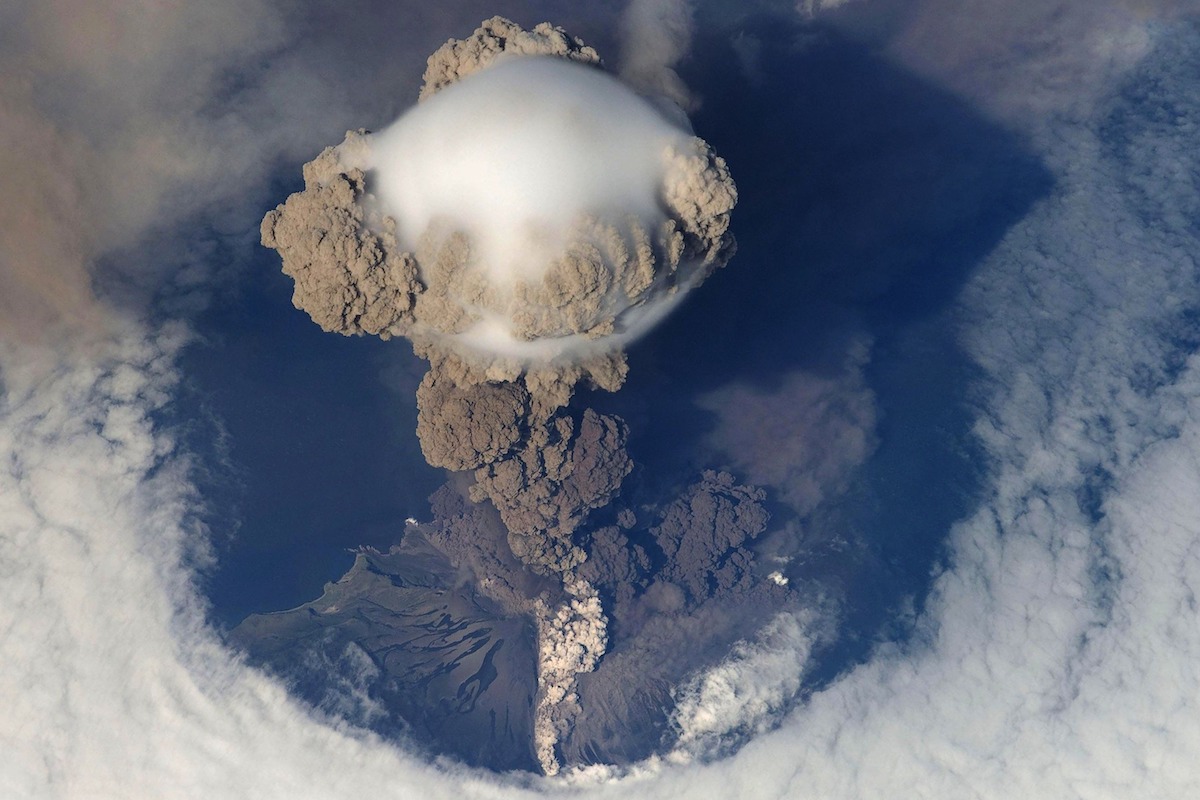
CLEX and NCAR researchers explore decade-long variations in global mean temperature that are superimposed on the warming trend and find what can make short term warming trends so unpredictable.
-
Research brief: The biogeochemical structure of Southern Ocean mesoscale eddies.
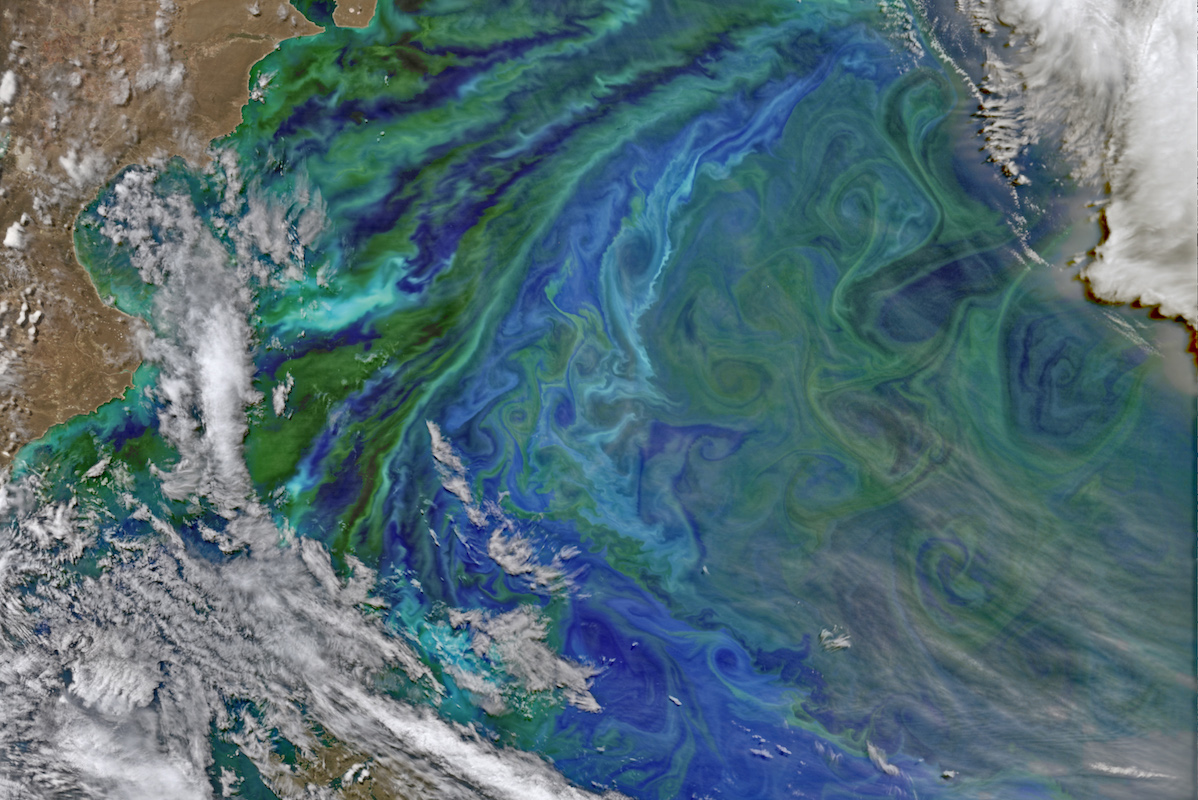
CLEX researchers used real-world observations with satellite observations to calculate the quantity of nutrients carried into the Subantarctic Zone by mesoscale eddies. They found these eddies carried high nitrate and low silicate waters into the Subantarctic Zone.
-
ENSO Video meeting
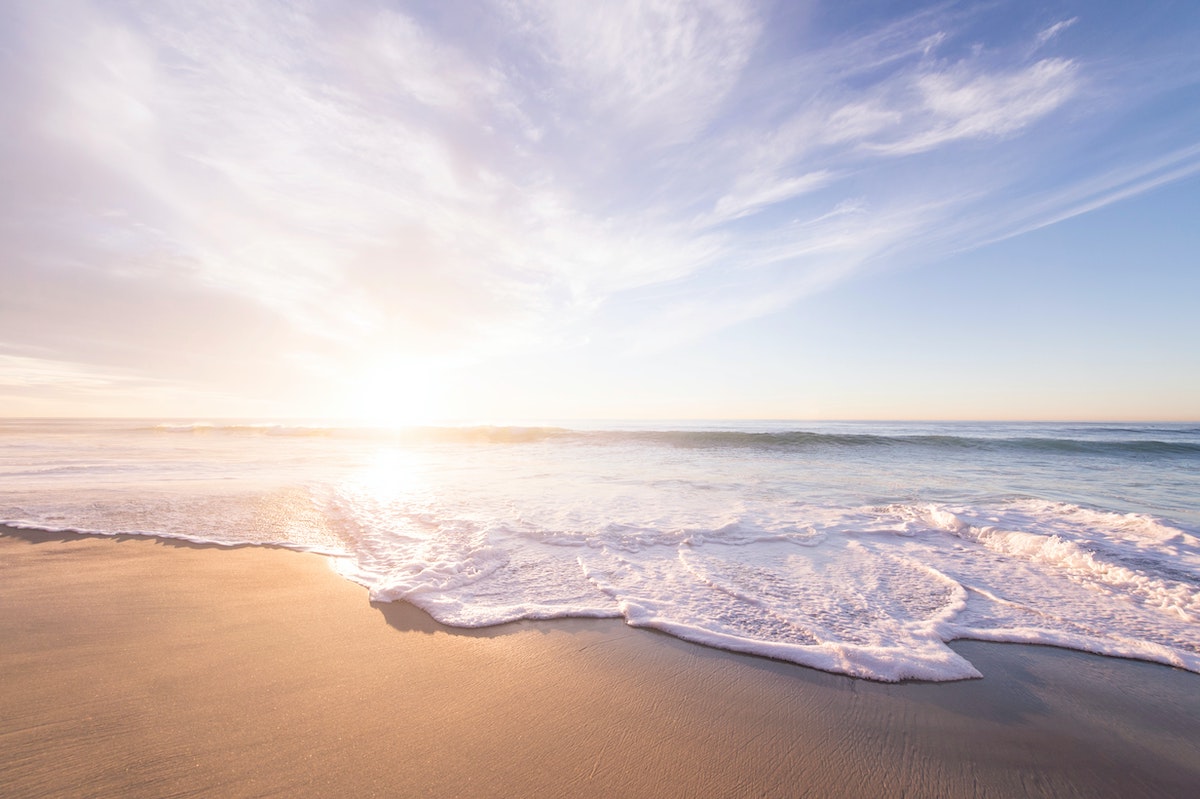
Picture (above): Beach. Credit: Frank McKenna (Unsplash).
-
Research brief: How salty seawater can tell us whether to expect rain
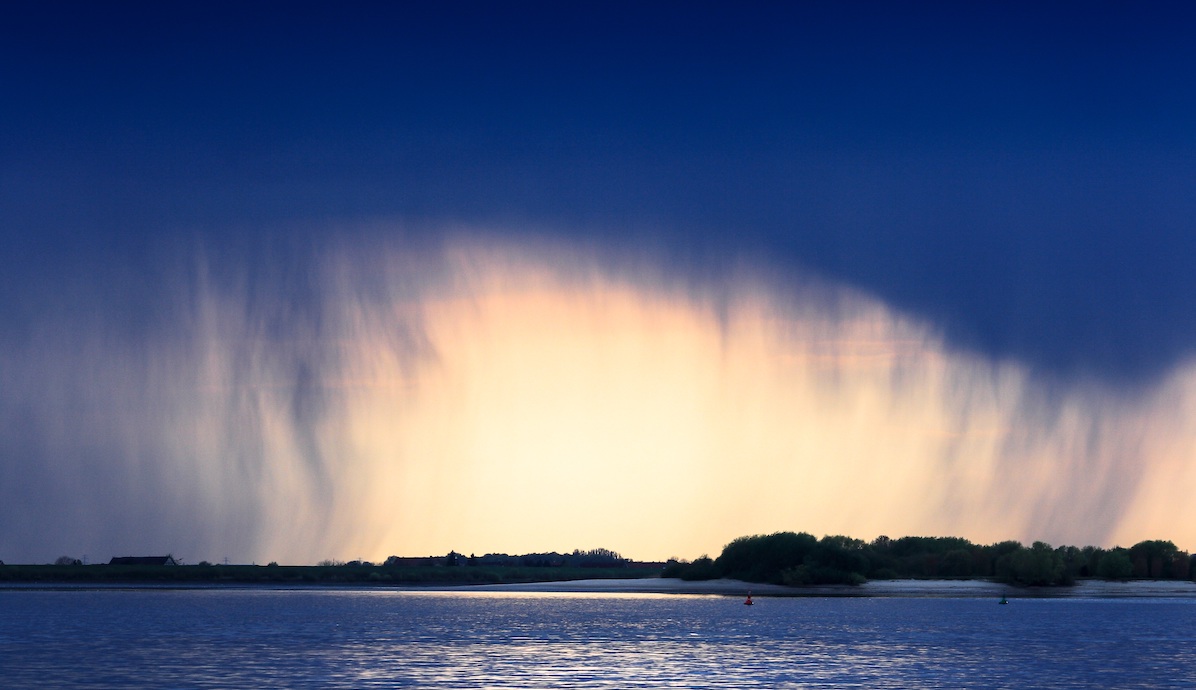
Ocean salinity could be an indicator of major rain events before IOD or ENSO events have peaked. This raises the prospect that long term forecasts for Australia could be improved by analysing sea surface salinity in the Indian and Pacific oceans.
-
Research brief: A simple model could forecast ENSO and PDO
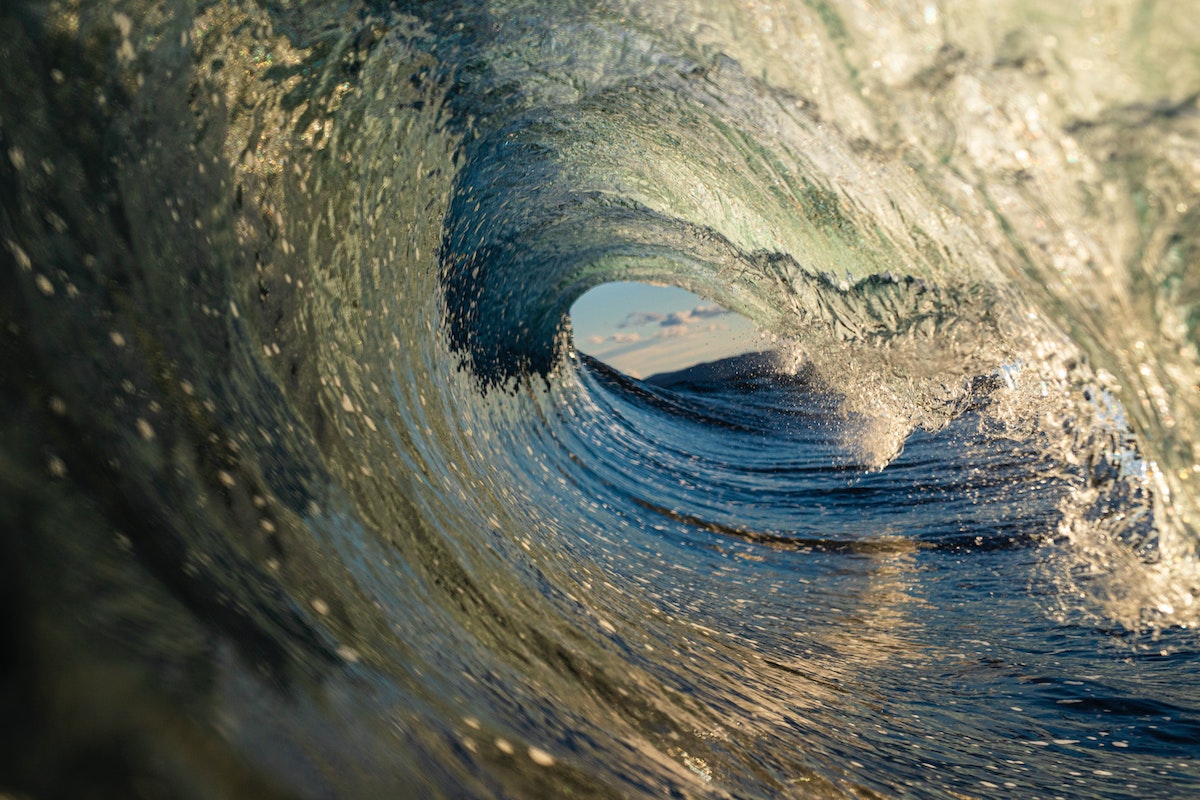
CLEX researchers find the inclusion of upper South Pacific Ocean variability significantly improved the predictions of ENSO and PDO modes in simple linear inverse models.
-
Research brief: Current Climate Models do not Project a More Persistent Central European Circulation
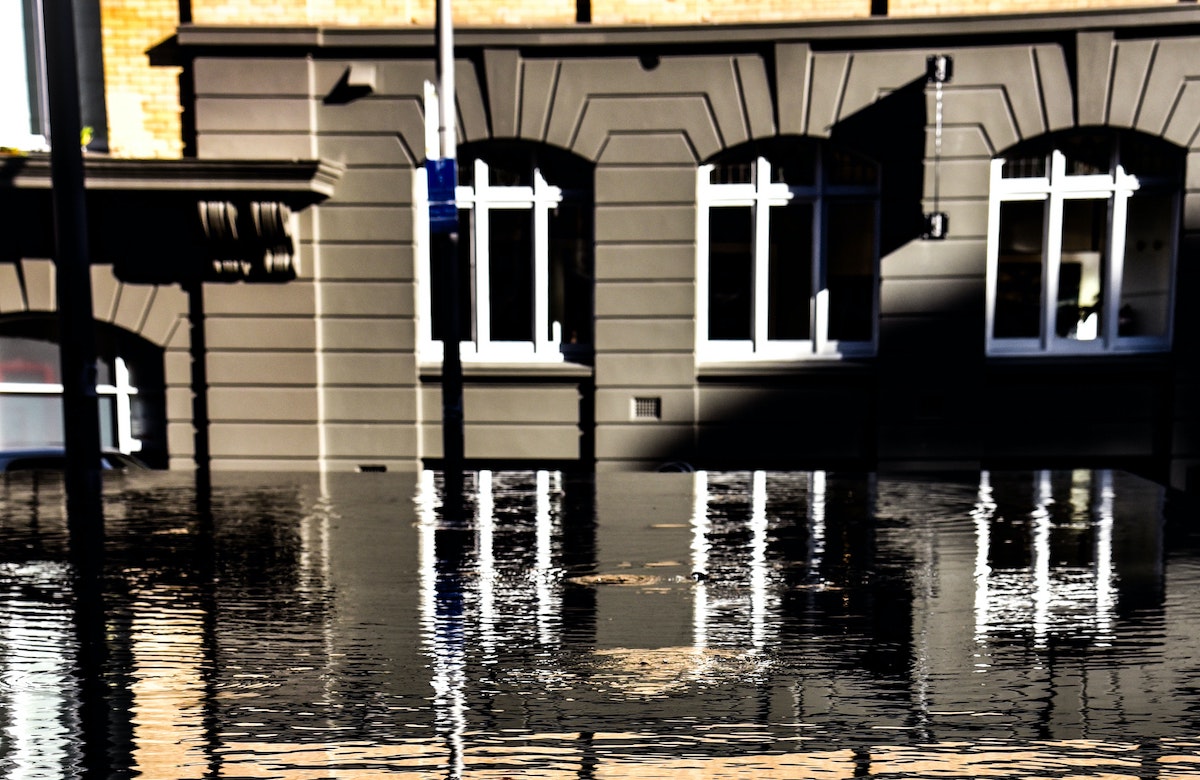
Central Europe has recently experienced extreme weather events, so researchers investigated whether this was the result of a weakening jet stream and changes to atmospheric circulation.
-
Research brief: CMIP6 models show some improvement over Australia

Australian researchers assess the ability of recently released climate models to simulate the climate of Australia and the new scenarios for 21st Century climate change.
-
Research brief: Why turbulence prevents models from replicating deep open-ocean convection
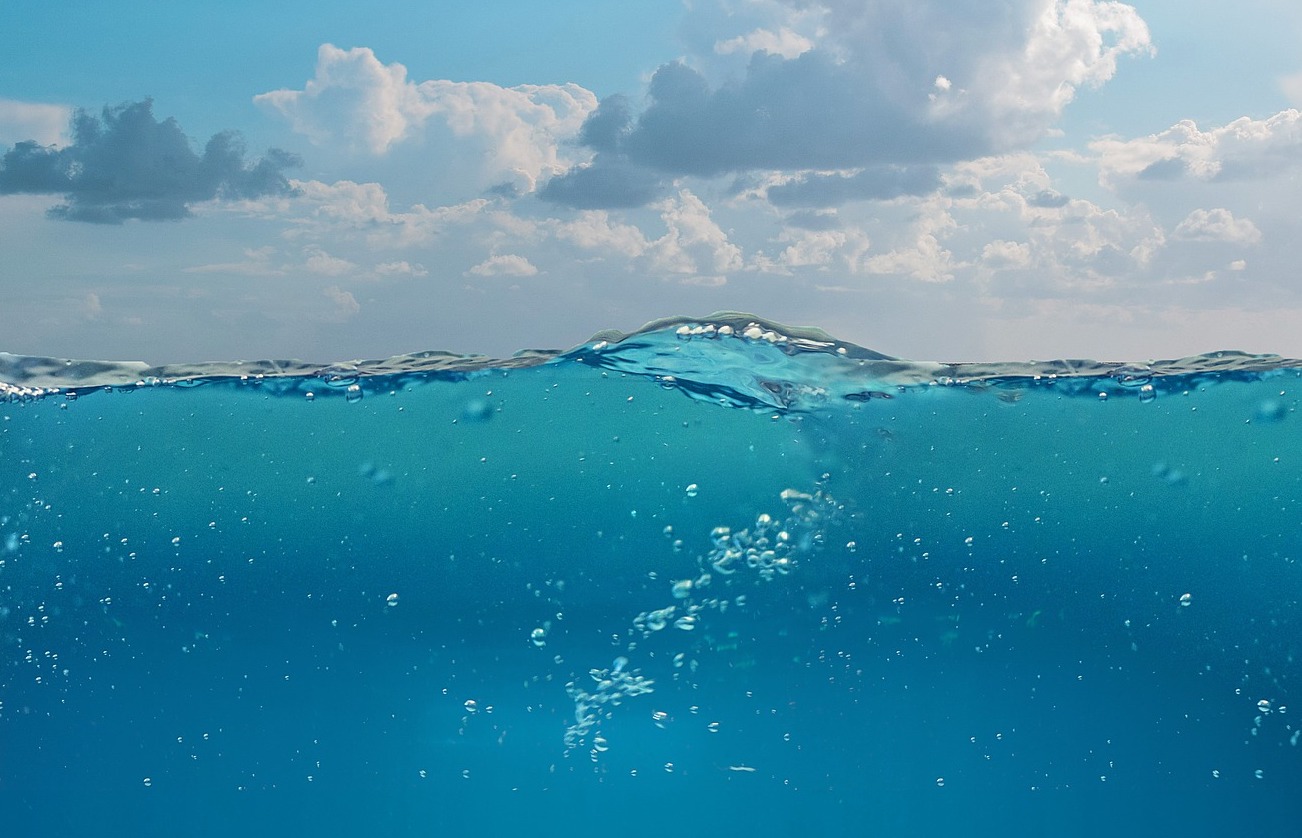
By comparing two models, CLEX researchers found that the current generation of convection parameterisations fail to replicate the random, chaotic nature of real-life turbulent convection.
-
Research brief: How the IOD Changes with global warming
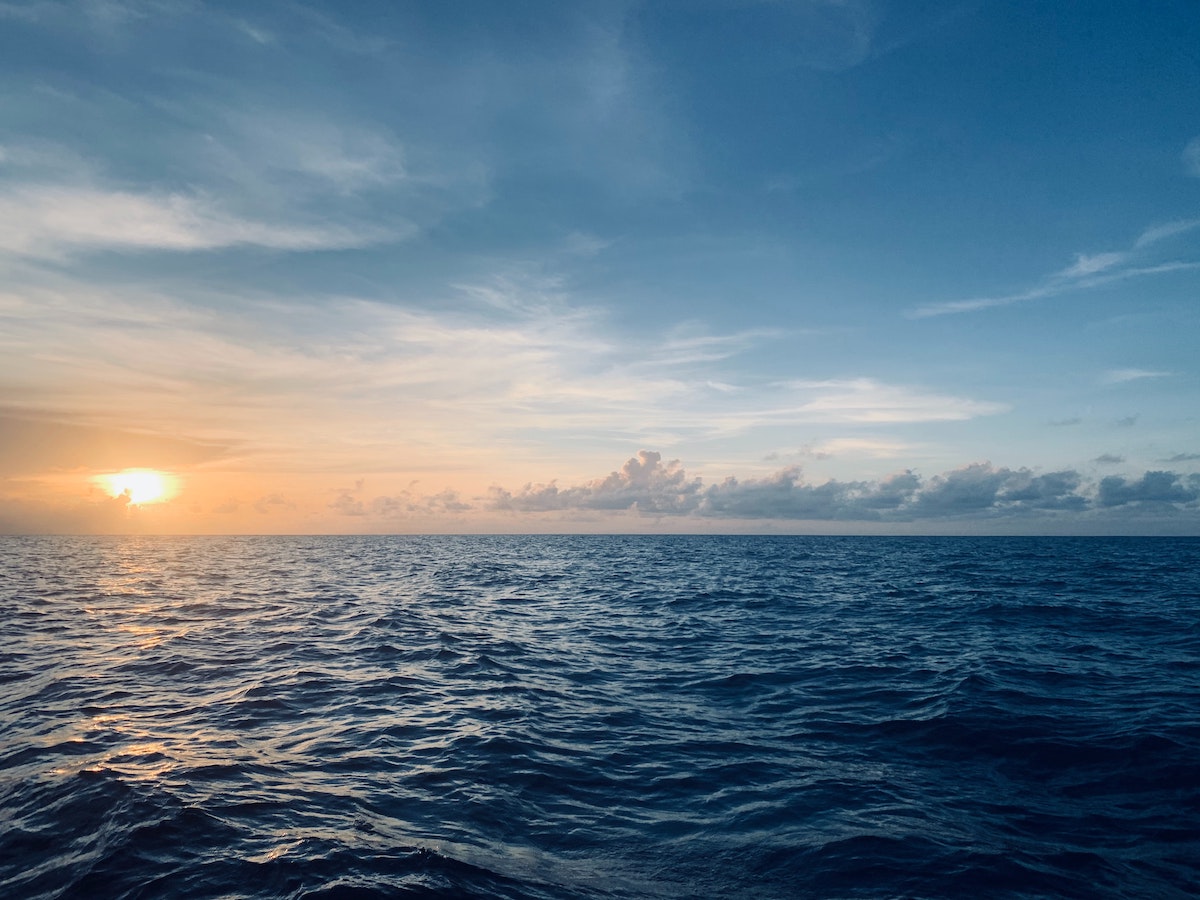
All data sources agree that positive IOD events are becoming stronger and occur more often and that the mean-state of the Indian Ocean is moving towards a more positive IOD-like state due to enhanced warming in the west compared to the east.

